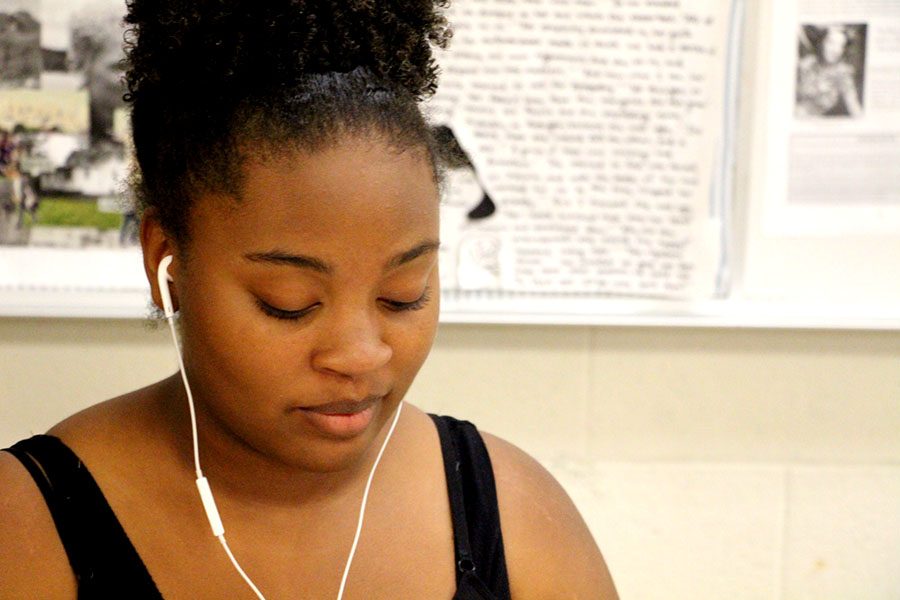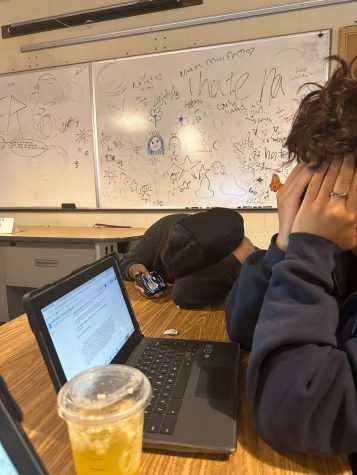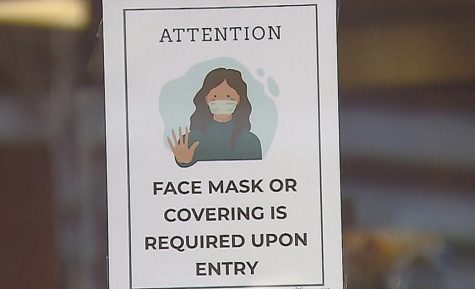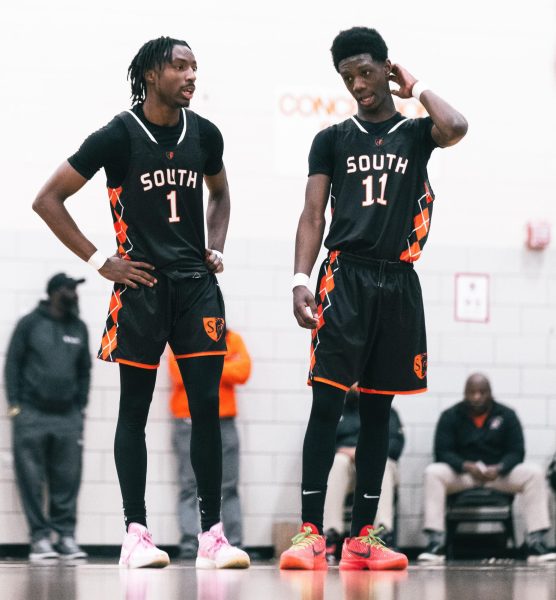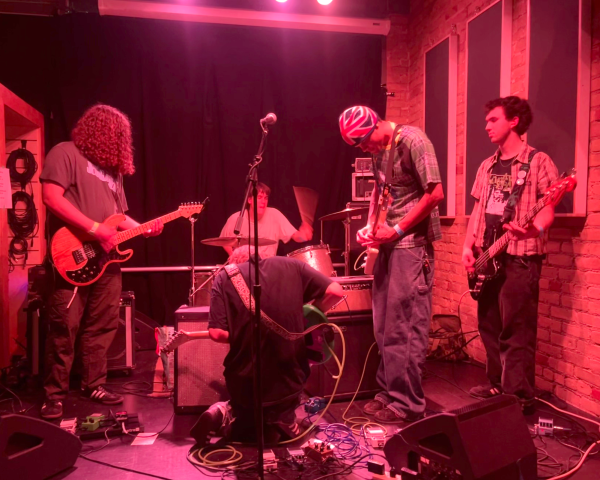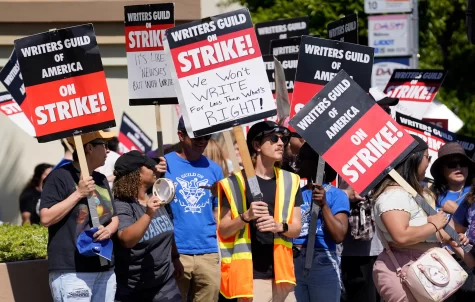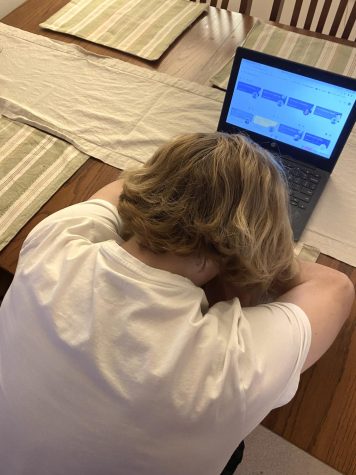We need to stop supporting sexist music
Many students at South decide to follow different opportunities after high school The infographic above shows the pros and cons of going to college since college is societally seen as the norm for students right after high school.
Modern-day popular music can convey powerful messages about social justice, but many artists still refer to women as “Bitches,” “Hoes,” and “Whores,” while including many other sexist comments. However, it is never okay for women to be talked about in this way.
Sexim is deeply rooted in almost everything, but it is a huge problem in music because many artists get their inspiration from women and their bodies. From expressing love to another to talking about a sexual experience, it is only natural to be sexist in the music industry. “I think that that language has been so embedded in the culture that everyone says really sexist stuff and people have gotten so used to it and it’s just not a big deal but it should be,” said sophomore Jordan Dotson.
Back when rapper Tyler the Creator was starting off he said very sexist things, which has since gotten him banned in the United Kingdom. In one of his earlier songs Tron Cat Tyler he makes a comment about assaulting a pregnant woman. Although Tyler has recently moved away from the explicit language, his 2017 album Flower Boy has been referred to as his coming out album because its references the same sex attraction.
Women often endorse this type of music as well, even though they claim to be against it. Female rapper Cardi B has expressed that there are a lot of barriers for women in rap, but she still disrespects her fellow women. Back when she was not a rapper, she called black women ugly and said that they look like roaches. She has also made transphobic comments in her music alongside crude lyrics about what she would do if her man cheated on her.
Sexism is not only in rap and hip-hop. The very popular band The Rolling Stones, which has been considered classic rock, is no stranger to sexist music. Their song Brown Sugar has very racist and sexist language including, “brown sugar, how come you taste so good, brown sugar, just like a black girl should.”
It’s not common, but some popular artists use their platform to bring social awareness to issues they care about. Earlier this month Childish Gambino came out with a song (This is America) about gun violence in America and police brutality in the black community. In the “This is America” music video, a group of kids dancing with Childish Gambino while violence, rioting and chaos was taking place behind them.
Another rapper who is using their platform for social change is Logic. His song 1-800-273-8255 was huge for mental health awareness. Logic also raps about police brutality, injustices in black communities, and gang violence.
Tupac Shakur, who died in was the most influential rapper of his time. Among his many songs about injustice against black men, he wrote a song all about respecting women and talking about how important it is to support and respect them. He was one of the first rappers to talk about social injustice, and consistently advocated for change. Still today a lot of rap and hip hop music is heavily influenced by Tupac.
However, I have noticed that many too many people who listen to popular music only care about what it sounds like instead of what the lyrics are saying. “A lot of people see things or listen to them and don’t try to interpret what they mean. You should try to figure out what [songs] say or what they mean before you come out and support them just because it could be saying something not okay and you would be out there supporting it,” said Dotson.
Sexism in music has become such a norm that people usually just ignore it. “I think they learn to idolize [artists who say sexist things],” said sophomore Ruby Davenport. “They excuse it because they look up to these people. What they are saying does not matter is just matters that they are saying something.”
A lot of people are aware that artists say misogynistic things in their music but instead of just brushing it off they need to start thinking critically about it. “With all the protests going on people are trying to be ‘woke’ but then they don’t care about the issue after they go to the protest,” said sophomore Jordan Dotson. How are we going to eliminate sexism everywhere if we don’t eliminate it in the music we listen to?
If you enjoy someone’s music, you don’t need to stop listening to it. However, if it has sexist lyrics in it, you should think critically about if you really want to support it. “I think if you cancel one artist, then you can’t go back and be like that person is fine. You can’t criticize one person and then not care about others who have done the same,” said Dotson. If an artist said something that you just can’t agree with, then try to raise awareness about what that artist has said so eventually sexism in music is no longer a norm.

Katherine Lundquist is the Editor in Chief of our student run newspaper, and has been on the team since freshman year. Lundquist is invested in nature,...

